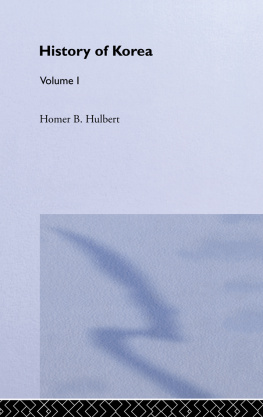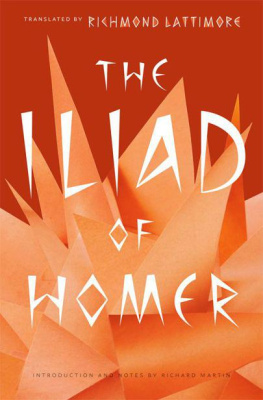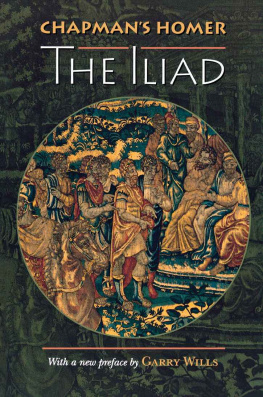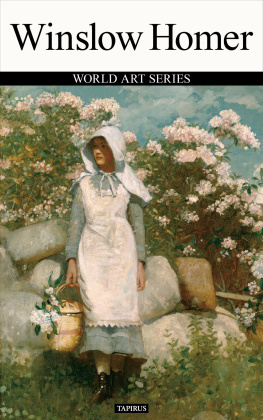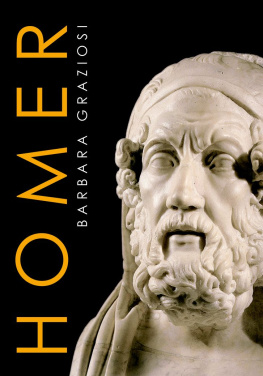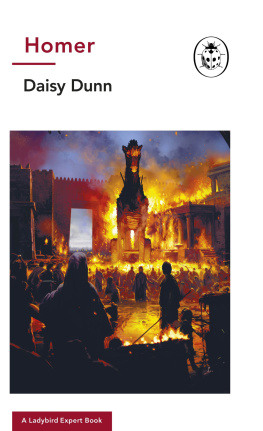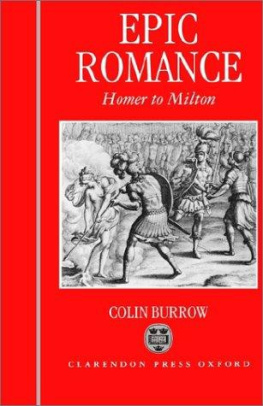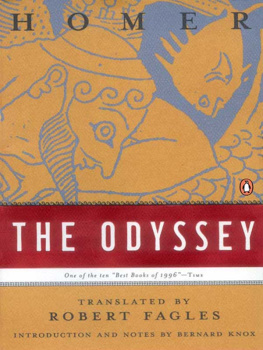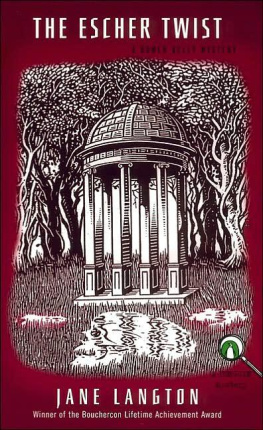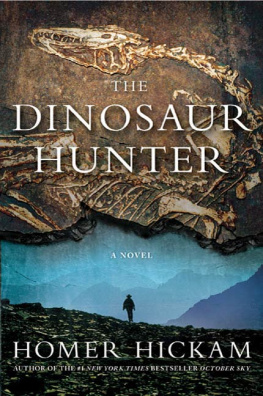Chapter I.
Chinas reply to the Japanese.... the Chinese army.... the Chinese commander interviews the King.... march on Pyng-yang.... Chinese treachery.... the new year.... Chinese help not all a blessing.... Pyng-yang invested.... the Chinese force an entrance.... Japanese driven to bay.... how they escape.... they retreat.... they mass at Seoul.... Chinese stop at Song-do.... Koreans bridge the Im-jin.... Chinese retire to Pyng-yang.... Korean victory in the north.... great victory at Hng-ju.... the Japanese sue for peace.... conference on the Han.... Japanese evacuate Seoul.... the terrible condition of the city.... Chinese enter Seoul.... they prevent pursuit.... Japanese desecrate a royal tomb.... Chinese accused of bad faith.... Japanese line of camps.... Chinese reinforced.... the great battle of Chin-ju.... a loyal dancing-girl.... admiral Yi still active.... Chinese troops retire.
We must now return to the north and witness the final struggle which was to begin the Japanese retreat from the whole north. It was not till long after the fifty days had expired that Gen. Sim Yu-gyng returned from Nanking. The Japanese had sent time and again, asking why he did not make his appearance, but now on the sixth day of the twelfth moon he entered the city of Pyng-yang, making no excuses for his tardiness but delivering his message as follows: I have seen the Emperor and he says that if you wish to become vassals of China you must first give up all the territory taken from Korea. You must also give up the two princes whom you have captured. If you do not see fit to comply with these demands the Emperor will send a million men and destroy you. He then gave to each of the Japanese leaders an ornament for the hat, from the Emperor. This was a trick to discover how large the Japanese force might be. It was determined that there must be about 20,000 Japanese troops in the city. What reply the Japanese gave to the Emperors demands is not told, but that it was a negative one seems sure from what followed.
The Chinese army of counter-invasion lay just beyond the Ya-lu River. It was an enormous host and, as armies went in those days, it was a thoroughly efficient one. In connection with this army was an official who held the rank of Military Adviser, by the name of Song Eung-chang. The office carried no active power in the field but it seems to have been a sort of check upon the commander-in-chief, for the duties of the office were to keep the Emperor informed of what was going on at the seat of war. The actual General-in-chief was Yi Y-song. Under him were three generals, of the right, left and center respectively. The General of the Left was Yang Wn and under him were Generals Wang Y-jung, Yi Y-m, Yi Yo-o, Yang So, Sa T-su , Son Su-rym, Yi Ryng and Kal Pong-ha. The General of the Center was Yi Y-bk and under him were Generals Im Cha-yang, Yi Pang-jin, Ko Chak, Chn S-jong, Chk Keum, Chu Hong-mo, Pang Si-whi, Ko Seung and Wang Mun. The General of the Right was Chang Se-jak and under him were Generals Cho Seung-hun, O Yu-chung, Wang Pil-jk, Cho Chi-mok, Chang Eung-chung, Nak Sang-ji, Chin Pang-chl, Kok Su and Yang Sim. The rear guard was under the command of Gen. Pang Si-chan and the engineering corps was commanded by Generals Yu Whang-sang and Wn Whang. The main army was composed of 43,000 troops, while in the rear was a reserve force of 8,000. This army crossed the Ya-lu on the twenty-fifth of the twelfth moon, the dead of winter. It is said that when on the march this army stretched along the road a thousand li (three hundred miles and more) and that the sound of their drums was continuous along the whole line.
General-in-chief Yi Y-song, dressed in crimson robes and riding in a crimson chair, arrived in Eui-ju and immediately sought an interview with the king. The latter said, I have governed this country badly. The Emperor has been put to a great deal of trouble on my account and all these good men have come a long, cold road to fight for us. Though I lay open my vitals with a sword I cannot repay you all for this kindness. Gen. Yi smiled and said, The Emperors might reaches to the heavens. For the sake of Your Majestys happiness we have been sent, and all your enemies will soon be put to flight. To this the king rejoined, Our nations life hangs by a thread, and the result lies with you. Gen. Yi raised his two hands in salute and answered, I am come at the Emperors orders and life or death are all one to me. When I started out my father said to me, Fight valiantly for Korea and return victorious, and so how can I do less than my best? The Koreans say that this mans father was a native of Eun-san in the province of Pyng-an, Korea, but that for some offence he had fled to China and together with many of his relatives was enjoying high position under the Emperor.
Gen. Yi started for Pyng-yang with his whole army, 80,000 bags of rice and 20,000 pounds of powder. His troops were not provided with muskets but they had small cannon. The Japanese on the other hand had muskets but no cannon. Upon the arrival of the Chinese at An-ju they were met by the Prime Minister, Yu Sng-nyng, who laid before Gen. Yi a map showing the roads leading to Pyng-yang. Gen. Yi took red ink and indicated on the map the various routes by which he intended to lead his forces to that city. Calling Gen. Sa T-su he sent him forward to deceive the Japanese by saying that a few Chinese had come to effect a peaceful solution of the difficulty. The Japanese were pleased at this and sent twenty of their people to meet, as they supposed, Sim Yu-gyng at Su-an. Gen. Sa feasted them there but meanwhile had the place surrounded and in the midst of the banquet the Japanese were treacherously assaulted and cut down, only three escaping. From these the Japanese learned of the hostile intentions of the Chinese and were greatly disturbed, but being forewarned they put themselves in readiness for an assault.
And so the old year diedthe terrible Im-jin year which witnessed the indescribable horrors of the ruthless invasion which swept it from end to end; which saw, too, the gradual awakening of the dormant military spirit of the people, until at its close the wave of invasion had not only broken and spent itself but had left the remnant of the invaders cut off from their home land by one of the greatest naval geniuses of his own or any other age, surrounded on all sides and hemmed in by forces which though perhaps unable to cope with them in the open field in a pitched battle could yet harrass and cut them off on every side. It must be clearly borne in mind that the Chinese did not raise a hand to help Korea until the invasion virtually collapsed. The Koreans without the aid of China could probably have starved the Japanese out of Pyng-yang and driven them southward, cutting them off on the left and right till they would have been glad to take ship for home. In a sense the Chinese counter-invasion was an extremely unfortunate thing for Korea, for the dormant energies of the people were just rousing themselves to action. Armies were being levied, every day saw the Japanese forces melting away and there was a magnificent opportunity for Korea to turn upon her devastators and drive them headlong into the sea. It would have given a tremendous impulse to patriotism and national self-respect, and it might have been a stepping-stone to a strong national life; but the coming of the Chinese soldiery immediately threw everything into Chinese hands and they reaped all the benefits of the situation. Even the Koreans themselves did not realize how they were playing into the hands of China. The Japanese in Pyng-yang were weary and sick, and at heart glad of any excuse for retreating if it could be done without too great a loss of dignity. It was at just this moment that the Koreans put the game, already won, into the hands of China to reap all the credit and all the prizes of success. The Koreans leaned back upon China and relapsed into their old self-complacent fools paradise.



